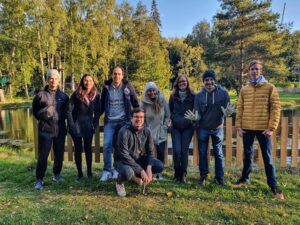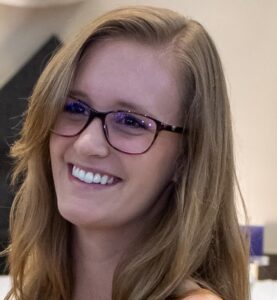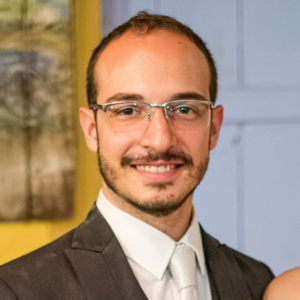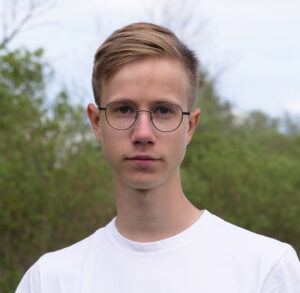On April 29, TalTech Science Day 2022 event took place at the Department of Chemistry and Biotechnology. Food Tech and Bioengineering group organised a workshop “Future food from microbes”. The workshop was devoted to the production of bread and introducing yeast-based cell factories. Participants were introduced to bread baking technologies and experiments improving nutritional value of bread and beyond. The general feedback of the workshops was very positive, 86 % of participants graded it with 9 or 10 in a 10-point scale. More about the workshop, in pictures.
Altogether, Science Day 2022 at Department of Chemistry and Biotechnology offered 19 different workshops that were attended by 89 participants. Majority of workshop participants were high school students, but almost every 4th participant was from outside educational system. Next time it is going to be more focused on high school students and is planned for the next year 2023.
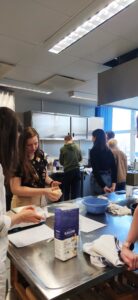
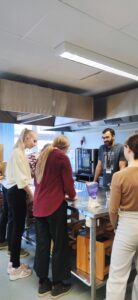
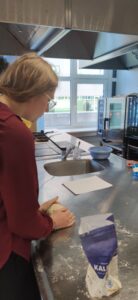
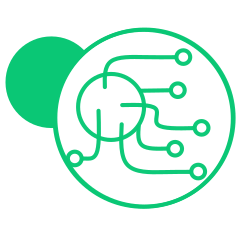
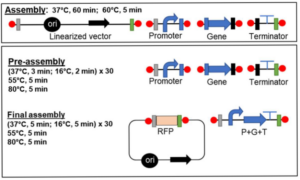
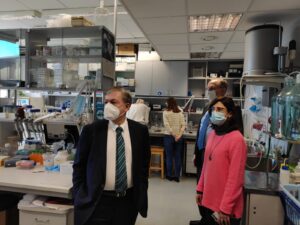
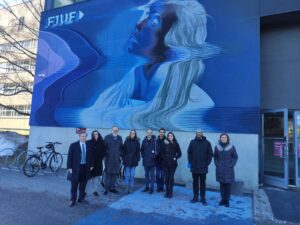
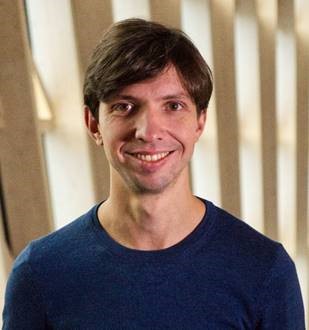
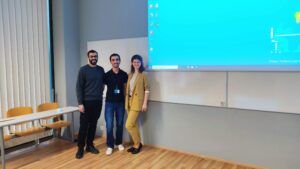
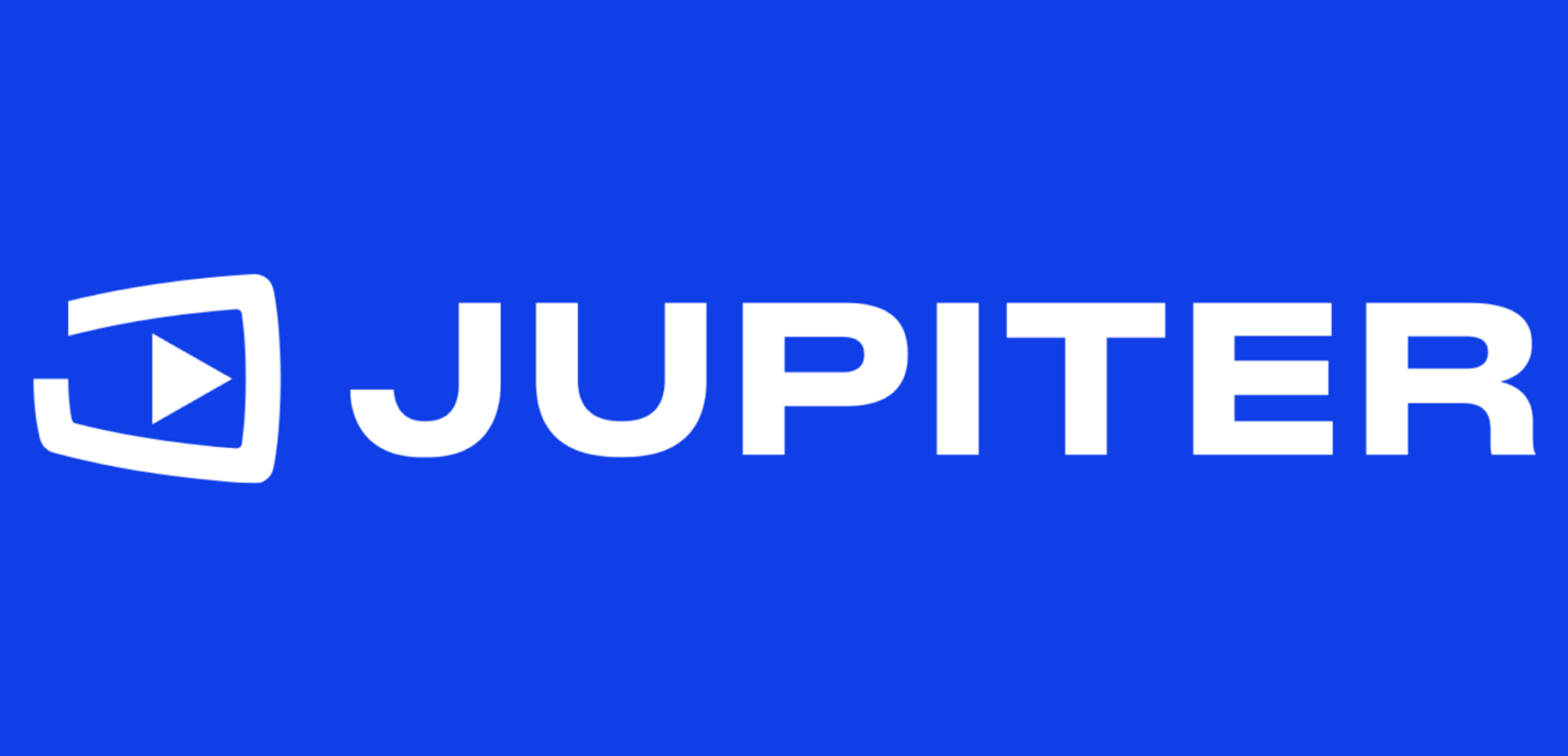


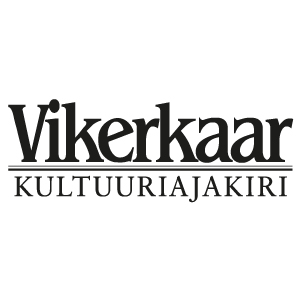
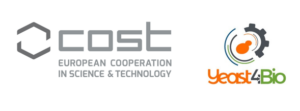
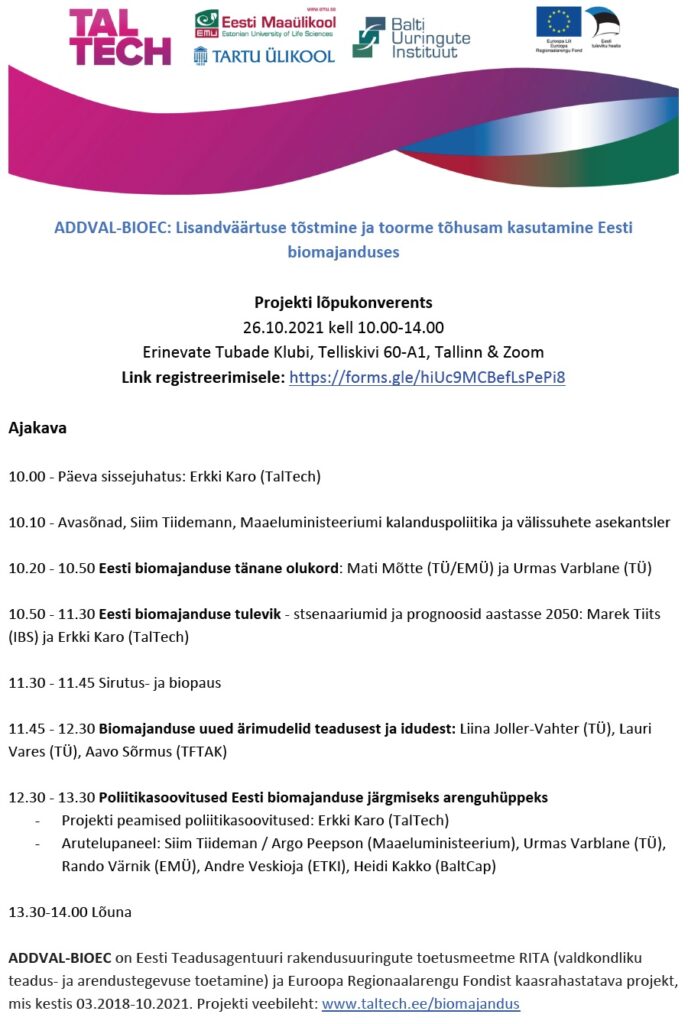
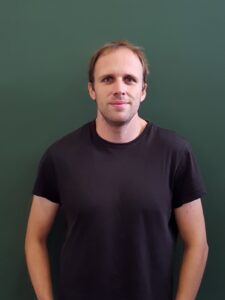
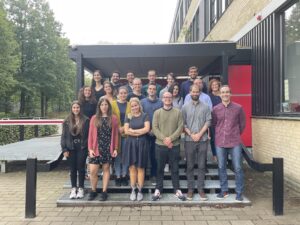
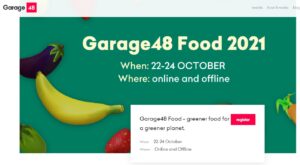

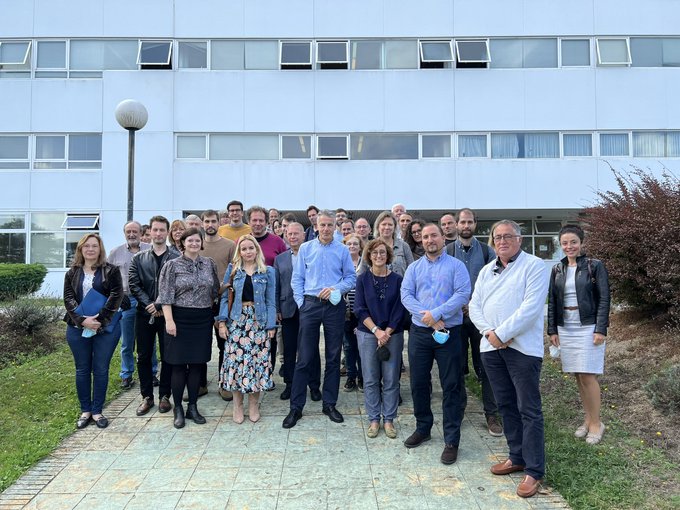
 Here the link to access the conference
Here the link to access the conference